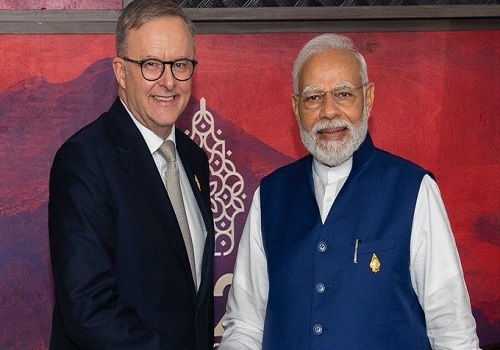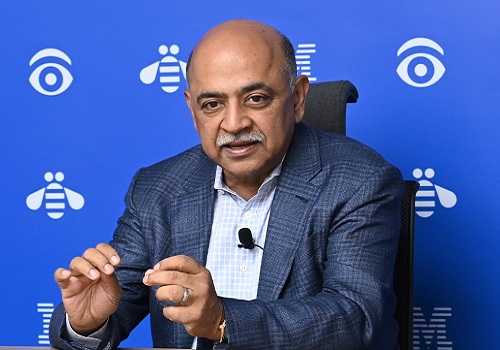10 tips for becoming financially independent

Follow us Now on Telegram ! Get daily 10 - 12 important updates on Business, Finance and Investment. Join our Telegram Channel
What does it mean to be independent financially? It goes beyond just being able to cover your essential living needs like rent, food, utilities, and medical care. Saving money, protecting it against inflation and wasteful spending, and building up your capital over time are all important components of financial independence. Your personal financial system should be able to support you even if your primary source of income declines or vanishes altogether.
OctaFX offers its top 10 advice for achieving financial independence. Keep in mind that the advice will only be effective if you make it a habit to use it. Though time and effort are required, it is worthwhile.
Track your spending
Start by learning your financial inflow and outflow. It might be hard to keep your daily purchases in your head or on a piece of paper, so if your banking app does not do that automatically, install one of the expense tracker apps.
Come up with a realistic budget
Next, craft a realistic budget that fits your lifestyle. Doing so is not about cutting back on spending: if you are accustomed to having coffee every morning, cutting it out from the budget won't work. Instead, try to plan ahead what you are going to spend your money on.
Create an emergency fund
Creating an emergency fund will help you deal with unforeseen circumstances without borrowing money with interest or selling your things to get out of the situation urgently. Putting aside 1 USD a day will give 30 USD more to your account at the end of the month.
Pay your bills on time
Tracking your monthly bills is actually a part of your budgeting plan. Paying your bills on time is an easy way to manage your spending and avoid fees.
Get rid of unnecessary recurring charges
If you have ever signed up for a free trial to a streaming service, you might have recurring charges you have forgotten about. Check your credit card statements and ensure you don't pay for something you can live without. Unsubscribe and put that money aside for your emergency fund!
Pay cash for expensive things (most of them)
Loans help you with major life purchases like a house or a car. For other big purchases, say a 65" TV, cash is often the best way to go as it saves you the monthly interest payment you would otherwise have to pay.
Use credit cards wisely
Most credit cards nowadays come with a free annual fee, and promotional offers could sometimes be beneficial. However, be sure your repayments are on time, keep your credit card limit for tight situations, and repay purchases within a month to avoid additional fees.
Diversify your savings
To protect your savings from inflation and other negative market factors, try diversifying them with different currencies, precious metals, and real estate income (earned from renting out a property). This will make your portfolio more resilient.
Start saving for retirement
Regardless of your age, start saving for old age-the younger you are, the more you will get. Set up a separate fund or term deposit to ensure you don't access the funds for purposes other than savings.
Create an investment strategy
Choose wisely. There are many forms of investment: some are more easily accessible, while others are more complex. However, even a small contribution to your investment is a potential for additional income and financial independence.
Let's say it again: the tips above will help you create a more independent personal financial system only if adhered to daily. Being independent is not a hobby-it's a lifestyle.












 320-x-100_uti_gold.jpg" alt="Advertisement">
320-x-100_uti_gold.jpg" alt="Advertisement">












